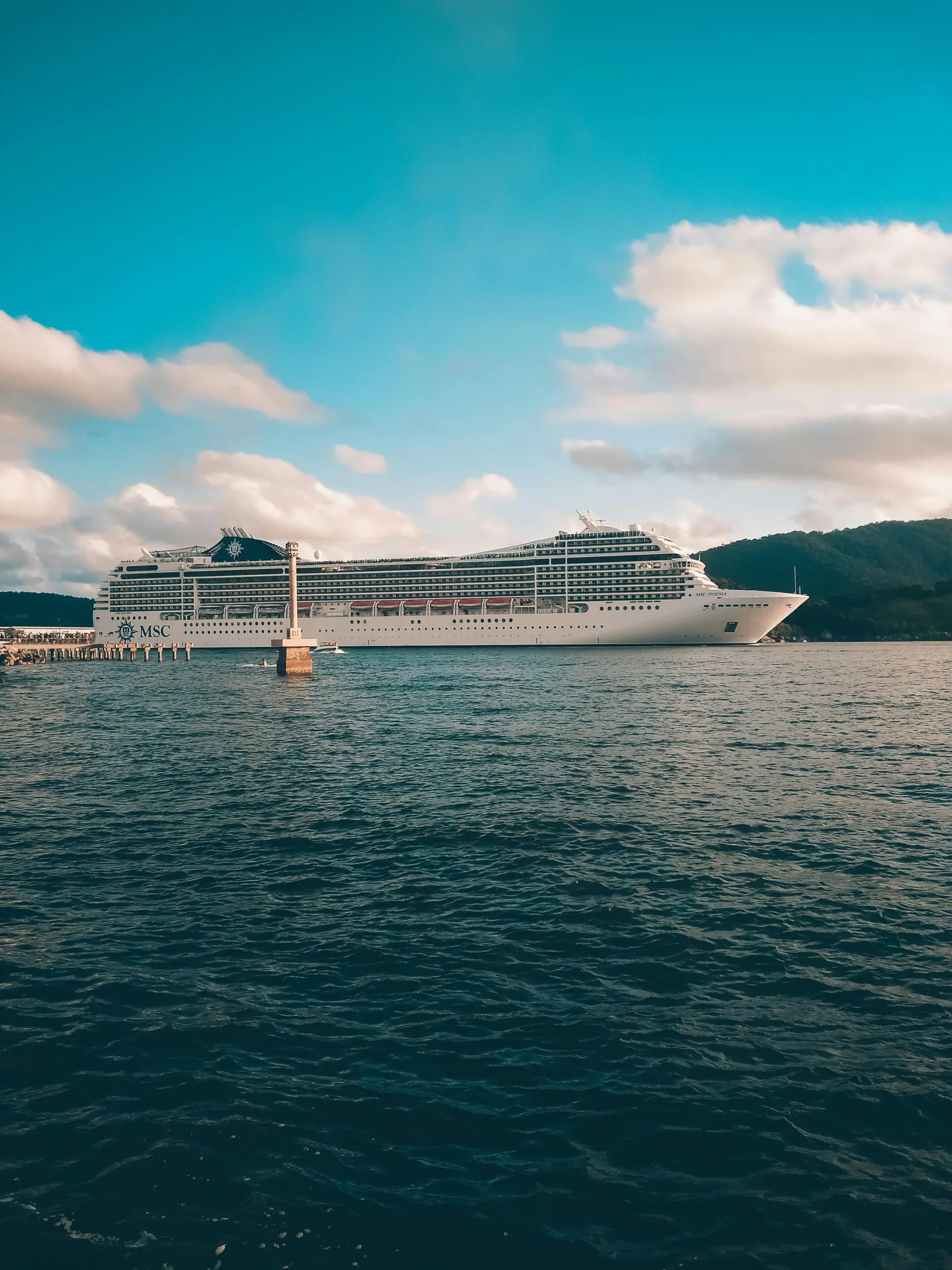Are you thinking about going on a cruise? You’ll get to travel the world, enjoy life on the ship, and see far-flung destinations. It’s like having several incredible holidays all rolled into one memorable package. Longevity Live Paid Content.
No wonder it’s such a popular way to holiday. If you’ve decided to book your first-ever cruise, this can be a really exciting time in your life. However, there are many key factors you need to consider before making your reservation.
So, in this guide, we’re going to share five things you need to know before booking your first cruise.
Let’s dive in.
1. The pros and cons of choosing a cruise
We’re going to start by looking at some top reasons you might wish to go on a cruise, as well as some of the aspects that might not appeal to all holidaymakers. This will help you to determine if a cruise is the right trip for you.
Here are seven reasons you should book your first cruise:
- Value: A cruise holiday offers great value as you get to see several destinations, as well as enjoy your time and activities on the ship.
- Unique destinations: You can reach destinations that are sometimes harder to reach on a traditional holiday.
- Packing: Often you’re allowed more luggage than if you were flying abroad, when you’re usually required to pay extra fees for larger bags or to ship your bags ahead. With a cruise, you can pack more, and you only have to unpack once, despite going to numerous locations.
- Onboard activities: It’s not just about getting off the ship to explore, there are also lots of fun activities and dining options on board for you to enjoy.
- Itineraries: As the itinerary is set before you travel, these holidays are easy to plan, and you’ll be told where you’re going. So all you have to do is sit back, relax and enjoy.
- Options: There are loads of great options, from family-friendly to adult-only cruise ships, so you’re sure to find the perfect holiday to suit you.
- Social: You’ll meet lots of fellow cruisers and like-minded people onboard the ship, so it is a very friendly and social experience.
But as with everything in life, there are some downsides to a cruise that might mean this type of holiday is not for you
So, before you go ahead and book, it’s important to consider whether any of these apply to you:
- Short stays: You don’t get as long in each destination, so it’s harder to get a real sense of the place and culture.
- Strict plans: If you’re the kind of person who likes to be spontaneous and change your travel plans every other day, this probably isn’t for you, as the itinerary is set.
- Sailing: You’re going to spend a lot of time on the water, so if this makes you feel sick or worried, this is not the trip for you
2. The ideal length of a cruise
As a first-time cruiser, it’s best not to jump straight in with a month-long cruise. After all, you never know how you’re going to find the experience.
So, for first-timers, a week to 10 days is usually the sweet spot and gives you enough time to see three to six different destinations and decide if the cruise life is for you.
It’s best not to opt for a quick weekend cruise for your first time either (unless that’s the only time you have available), as cruise lines tend not to use their best ships on shorter travel. And you want to have the best possible experience, especially the first time around.
Sure, everyone is different, but it’s important to consider the length of your holiday and how long you’re prepared to stay on the ship for your first cruise.
3. The best way to book your cruise
Nowadays, we can book most things on the Internet. However, seasoned cruisers will tell you that you have more options at your disposal. We recommend that you seek extra support and security by going through a travel agent.
Even better if they specialize in cruise packages.
Going through a travel agent can give you more options, and they are more likely to bag you the best deal. Plus, you’ll have a dedicated rep you can turn to with any questions, and usually, you’ll get more flexibility for cancellations or changes to your booking.
4. The cost of a cruise
As with most holidays, the cost of a cruise can vary greatly, but it’s a good idea to understand the associated costs so you can set your budget. Realistically, you can spend anywhere from £500 to £2,000 per person. However, more luxurious or longer cruises may cost more.
The cost of your cruise will depend on several factors that you also need to consider. These include the length of the trip, the destinations you’re visiting, food and drink packages, and the type of ship.
You should shop around and compare prices from different cruise lines to help you find the best deal for your budget and preferences. Your travel agent will also be able to help with this.
5. Travel insurance and documents
We’ve covered most considerations for first-time cruisers in this guide, but something very important in any trip is understanding the best type of travel insurance.
You must consider the different types of travel insurance you can purchase to protect you against unexpected events such as trip cancellations, medical emergencies, and loss or damage to goods on board.
It’s also vital to make sure you know what documents you will need for your cruise. Before you book and pay your deposit, make sure that your passport is on a date and that you will not have any problems getting the correct visa.
Some cruises may also require specific documentation, depending on the destinations. So it’s always best to be safe, speak with agents, or read the fine print to make sure that you’ll be able to acquire all the necessary documentation and insurance before you book.
This will avoid any nasty surprises later on.
Who is the author?

Stuart Cooke
Stuart Cooke is the Marketing Manager at My Baggage. They are a luggage shipping provider that helps people all over the world take the stress and cost out of traveling with excess baggage.





![women [longevity live]](https://longevitylive.com/wp-content/uploads/2020/01/photo-of-women-walking-down-the-street-1116984-100x100.jpg)










